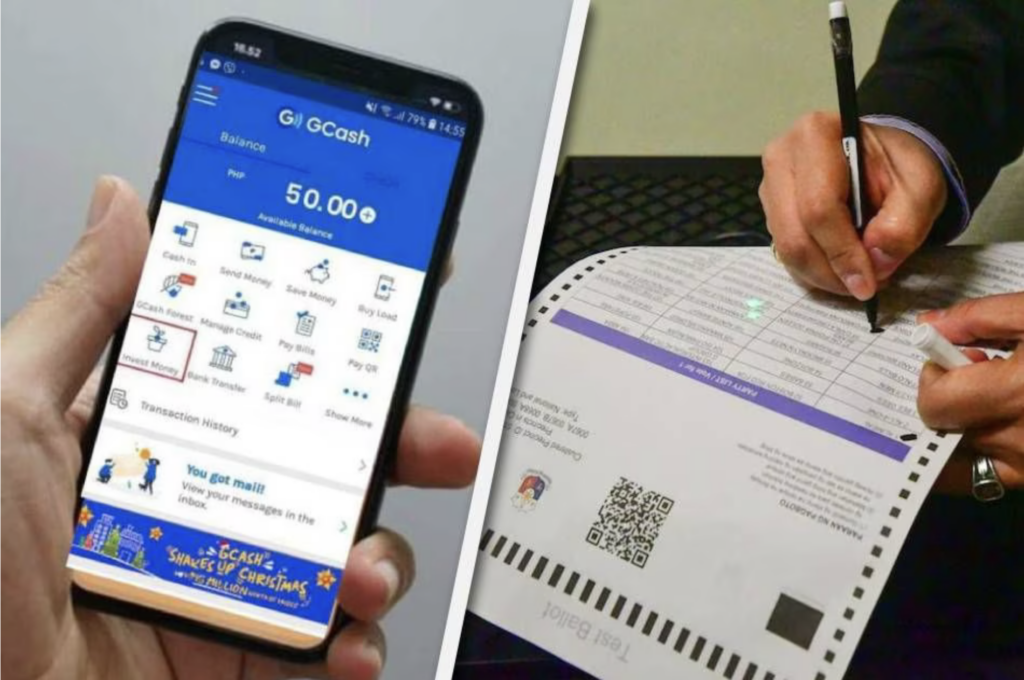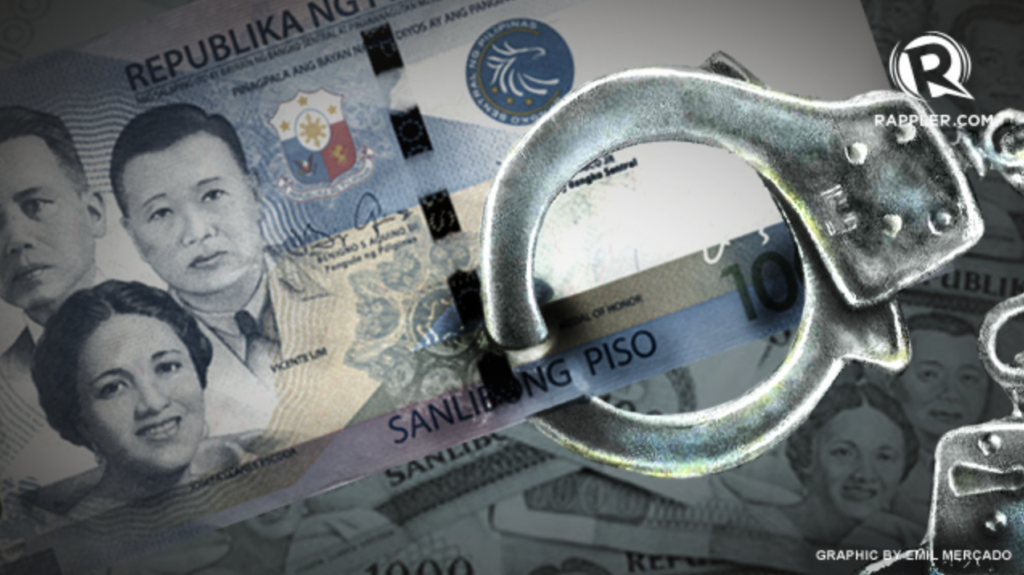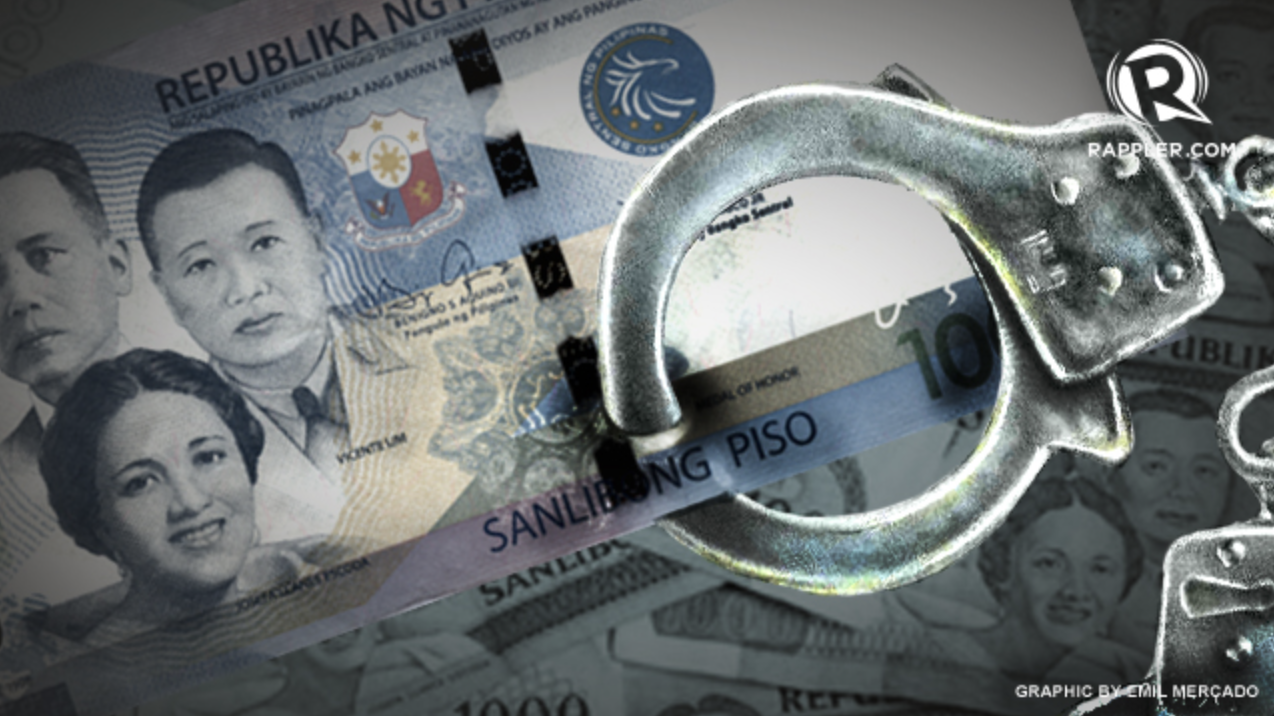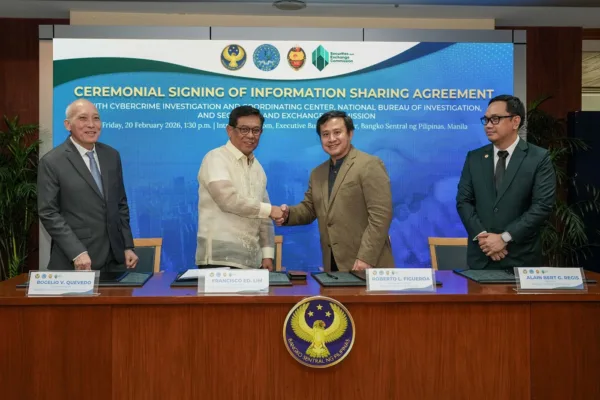As the nation prepares for the May 2025 elections, the Bangko Sentral ng Pilipinas (BSP) has issued a crucial directive to all BSP-supervised financial institutions (BSFIs), emphasizing the need for heightened vigilance against potential misuse of financial systems for vote buying and selling.

Memorandum No. M-2025-006, released on March 23, 2025, underscores the central bank’s commitment to maintaining the integrity and stability of the financial ecosystem, particularly during periods of heightened activity.
The BSP’s directive focuses on strengthening surveillance and monitoring mechanisms within BSFIs, particularly concerning digital channels.
BSP calls for prevention/detection of e-wallet abuse during elections
With the increasing reliance on online banking and mobile wallets, the central bank recognizes the potential for these platforms to be exploited for illicit activities. The memorandum specifically calls upon BSFIs to implement robust measures to prevent and detect any abuse or misuse of these digital tools.
In a concrete move to support the BSP and the Commission on Elections (COMELEC) efforts, GCash, the Philippines’ dominant fintech platform, has announced the implementation of daily transaction limits on its “send money” feature.
This measure, detailed in an advisory on its app and website, aims to curb the potential use of the platform for vote buying, aligning with COMELEC Resolution No. 10946 (Kontra-Bigay).

GCash has confirmed that users, including business users, may experience temporary limitations on their daily transactions. While the specific transaction limit remains undisclosed for security and compliance reasons, the company assures users that this is a temporary measure, effective until May 12, 2025, after which normal transaction limits will resume.
“If a user receives an error notification, it means they have reached the daily transaction limit. They can resume any transactions the next day. This ensures we support fair and transparent elections,” stated GCash. The company also emphasized its robust monitoring systems for detecting suspicious transactions, which are regularly reported to regulators.
Preventing possible rise of suspicious transactions during election period

In line with the central bank’s vision of fortifying the Philippine financial landscape this 2025, the BSP has emphasized the need for comprehensive enhancements across all aspects of financial operations, extending beyond digital channels.
This includes rigorous customer onboarding processes, advanced fraud management systems (FMS), and meticulous account and transaction monitoring.
The goal is to create a multi-layered defense against the potential influx of fraudulent accounts and suspicious transactions that may occur during the election period.
To aid BSFIs in their monitoring efforts, the BSP has outlined key red flags that should trigger closer scrutiny. These include:
- Unusual account activity: A sudden surge in account registrations, particularly in areas known for potential vote buying or selling.
- Large cash transactions: Significant increases in cash transactions during the election period, which may indicate illicit financial flows.
- Deviant transaction patterns: Any deviation from established customer transaction patterns, signaling potential anomalies.
- High volume/value cash-in/cash-out: Unusual volumes or values in cash-in or cash-out transactions through various financial channels.
Maintaining a secure and transparent financial environment for Filipinos

This initiative is a continuation of the BSP’s proactive approach to safeguarding the financial system during election periods, aligning with its mandate to ensure financial stability and protect consumers.
The memorandum reflects the BSP’s collaborative efforts with the COMELEC, which, through Resolution No. 11104 dated January 28, 2025, called for stricter mechanisms to combat vote buying and selling. Adding to this, the DICT has also stated they are monitoring at least 8 financial apps that could be used for vote buying.
The BSP is also working closely with the Philippine National Police (PNP) to address any election-related misuse of financial platforms. This collaboration underscores the importance of a coordinated approach in maintaining the integrity of the electoral process and the financial system.
The central bank encourages individuals who suspect any unlawful financial transactions related to vote buying or selling to report their concerns to the appropriate authorities. Reports can be filed with the PNP National Headquarters or the National Bureau of Investigation (NBI), ensuring that any suspicious activity is thoroughly investigated.
By reinforcing the monitoring and surveillance capabilities of BSFIs, and through the cooperation of financial technology companies like GCash, the BSP aims to uphold the trust and confidence in the financial system, ensuring that it remains a stable and reliable foundation for the nation’s economic activities, especially during critical periods like the elections.








